Preface
My grandfather was an undocumented Eastern Cherokee Native American. My grandmother is an undocumented Pawnee. I cannot explain why my grandmother was undocumented, but it is well known that there was a fire many generations ago that causes the loss of many records for Eastern Cherokee. My grandfather grew up on the reservation in Oklahoma and then later moved to Fort Cobb before being drafted into the Army for World War II. I take great pride in my heritage, yet I have been raised in a white society, so I understand how to stand up for myself and not allow comments that others may take as culturally insensitive to affect me. Using that information and that experience, I speak to the problems that my Indigenous brothers and sisters face and the crisis within the tribes.
Introduction
Imagine that you cannot turn and talk to family, law enforcement in your area, and the other source that might help you, has long been considered the oppressor. This is what Native American women face every day as they try and find help for the crisis they face when they live with intimate partner violence and even death. The ending of the epidemic of missing and murdered women can be accomplished through a cultural awareness of the indigenous people, crisis counseling utilized in the proper context, and assisting the culture to embrace the use of spiritual applications to battle their demons.
If you sit and speak with the Amish of Holmes County Ohio, you will hear them speak of them and us.
Their culture has established a barrier between themselves and what they refer to as “Englishers.” This is because biblically, the Bible directs them to set themselves aside and not be like Gentiles. Native Americans face the same issues, only they have been told for so long to be like the white devil that they have forgotten to stand up against its oppressors. It is necessary for those who want to help Native American women to be culturally aware of each tribe of Native Americans as a whole and not press upon Native Americans someone else’s culture.
What does cultural awareness within First Nations look like? First, it must be recognized that Natives face three issues counselors must be aware of when educating themselves on culture: patriarchal societies, matriarchal societies, and the destruction and effect of white society. Each of these societal effects means a different way of looking at crisis counseling. The one thing that counselors need to be aware of is that there are 573 federally recognized tribes, and while there are three overall effects to consider, not every culture can be covered in this one paper (Afraid of Bear 2020). “Differences in cultural groups are closely related to regional differences and may be distinguished by their language or spiritual belief systems” (Department of Health and Human Services 2009).
Culture
Matriarchal society
Before European colonizers came to the American new world, tribes like the Cherokee and the Lakota Sioux were matriarchal societies. These were societies that women were free to lead, could marry if and when they wanted, could divorce without repercussion, and did not face domestic abuse issues. Women part of these types of societies did not have to worry about gender roles or feminism. All respected these women in the tribe because they were looked at as a person and not just a woman. While the white colonists could not understand what some referred to as a petticoat government, it was expected when colonists first came to the “new world” to sit with women and men of the Cherokee Nation to make decisions. This did make both groups uncomfortable as colonists believed women’s place was to be at home, versus the Cherokee at the time believed that all persons in the tribe at a right to lead and make decisions.
A tribe that was not affected by colonists and remained matriarchal is the Hopi. When a man and woman marry, the man moves to live in the woman’s home or near her family. She owns the home and everything in it. Women made and made the decisions within their society. They are both matriarchal and matrilineal (The Editors of Encyclopaedia Britannica 2019).
Patriarchal society
Gender roles amongst First Nations tend to differ based upon region and community significantly. The Hopi are a traditionally matriarchal society, while the Sioux are a patriarchal society with positions definitively handed down via the maternal line.
“Without question, Native women experience violence more frequently than non-Native women (Sokoloff and Dupont,38-64). Feminist intersectional approaches to this problem indicate these women experience a double bind of discrimination being both Native American and women. Moreover, the possibility that a woman will experience violence is likely to increase if she lives on a reservation and/or lives below the poverty line, which is common because unemployment is often high in these contexts. Furthermore, Native American historians note that traditional leadership roles for women have been devalued and often deliberately undermined by colonial forces based on Eurocentric patriarchal systems” (Le May 2016).
The same tribes that were matriarchal before colonization of the United States slowly turned patriarchal after an “if you cannot beat them join them mentality.” By 1827 the Cherokee Constitution had outlawed suffrage for the women of the tribe (Glickman 2017).
A woman of the tribe could no longer vote or hold office. The culture women had so enjoyed before colonization was decimated. According to the European colonist ideas, the idea of “if you cannot beat them join them” and becoming a civilized society quickly resulted in not what Natives thought was best practice but genocide.
White society
When the white European colonists came to this “new world,” they believed that they were the civilized society with their clothes, gender roles, and white ways. They thought that those who lived in this conquered world were savages. The song Colors of the Wind played in the Disney movie Pocahontas describe perfectly what the reality was regarding who was civilized and who was not:
“You think I’m an ignorant savage – And you’ve been so many places – I guess it must be so – But still I cannot see – If the savage one is me – How can there be so much that you don’t know – you don’t know…You think the only people who are people – Are the people who look and think like you – But if you walk the footsteps of a stranger – You’ll learn things you never knew, you never knew” (Kuhn 1995).
When the white settlers landed upon the United States and began meeting the Natives, they attempted to make them into people like themselves.
They told them that their culture was wrong, their religion was wrong, their society was wrong, and they were not civilized. As seen in the movie Dances with Wolves when Ten Bears asks the character John Dunbar how many white men will come, and he is told more than the stars in the sky, this speaks truth to what the First Nations saw as the settlers descended upon their lands, and pushed them further and further out.
Cherokee Tribes and other like tribes were far more civilized than European colonists as they had established egalitarian societies where both men and women were given equal rights. However, Native Americans were not considered equal.
In fact, of the more than 10 million Natives living in North America when colonists landed there, only 238,000 remained at the end of the 19th century (Fixico 2019). With the pushing of tribes to reservations, the United States government has forced Natives to live under a government that has lied, cheated, killed, starved, stole lands, and destroyed cultures. “Whether Native American tribes like the Cheyenne who befriended the white man even changed to Christianity and yet lost their lands and were forced to move” (Franson 2020). It is interesting that a group of people who escaped from Europe and religious oppression became oppressors to those different from themselves. Because of this historical trauma First Nations face further trauma because they continue “to live among and with the perpetrators of their trauma, the United States Government and its people” (Cash 2016, 330).
Counseling
When dealing with those who have suffered due to historical trauma or crisis at intimate partner violence, it is important not to label them as victims, especially as this can have cultural references that do more harm than good. Because of the oppression of white people, counselors must keep this in mind as intergenerational trauma. Thus, their job is to develop self-confidence, manage antipathy, and create constructive cultural and ethnic socialization (Wilkins, et al. 2013). Another tool that can be utilized with Native Americans going through the crisis of domestic abuse due to historical trauma is Emotional Emancipation Circles (EECs). EECs are evidence-based and traditionally compatible with their strengths-based method toward restorative shock (Barlow 2018). These treatments are founded on cognitive-behavioral therapies (CBT) that label how a person is exposed to a traumatic ordeal or absorbed in it generationally recognizes the shock. While the knowledge of historic hurts is new and no “evidence-based treatments for historical trauma have been found” (Williams-Washington & Mills, 2018, p. 257), the culturally thoughtful application of CBT can be used. In most cases, when a culture uses the term historical trauma, it is essential not to allow third and fourth generations to fall into the trap of historical trauma; with Native Americans, this is perceived differently since they live with their oppressors and oppression is still occurring. The treatments used to give attention to those of diverse cultures must be a mixture of CBT, and other treatments that address culture (Vaul-Grimwood and Le 2007).
As helping professionals begin helping those who are facing traumatic and intergenerational trauma that has led to the crisis, they must remember there are phases to address: motivational, intervention, and collective. Therapists must be educated in the historical context that has led to the crisis the First Nation people are in – this is documented as the motivational phase. When a helping professional is culturally proficient, they enter the intervention phase.
Finally, it is vital to recognize that historical traumas that result in crisis are systemic. As such, individual response is warranted, but so is a collective response. For those going through this kind of crisis, they need to name their problem and not just hide behind a stigmatism created by their culture. In the Legacy of Trauma, the author discourses hopeful intercessions but distinguishes the resulting:
- identification of the problem
- acceptance of self-care means
- lessening of triggers like social media sources
- not instructing novel or upcoming generations the activities that have steered to the shock instead appeal to them to remove themselves from the evil ideas they have been rooted in
Another issue that helping professionals must be mindful of when helping Indigenous people is that not all tribes have experienced historical trauma. However, those who have their physiological makeup can be changed because of the constant stress they are feeling due to perceived ongoing trauma. For those who see this kind of client, it is vital to converse with the primary care provider of medical care to take a whole-body approach. While the mind can be healed, when the stress of this magnitude is created, and there are ongoing stressors and the possibility of Post-Traumatic Stress Disorder (PTSD), then a whole-body approach needs to be taken to help the issues the body that are affected (Brown-Rice 2013).
This constant historical trauma has led to a new crisis for Native Americans, one of which is violence against one another in the forms of physical, sexual, and verbal abuse, specifically towards women of the tribes. This cycle was created out of the genocide of First Nations:
- With the killings and saving of white people.
- Then First Nations crossed into self-medication through alcohol, drugs, and food (again introduced by the white man).
- Counselors can see a movement into what is seen today with a crisis of murdered and missing women through interpersonal partner violence.
- Finally, a tribe condones this behavior as normal because they have forgotten their culture and heritage (Kilson 2020).
Spiritual Application
No matter what our color, culture, or shape, we are all created in the image of God. “God created human beings in his image. In the image of God, he created them; male and female, he created them” Genesis 1.27 (Bible Gateway 2020). The Bible was regularly used when colonists came to the United States to weed out and kill the savages of the land. Many took verses from the Bible out of context as done in Joshua 24.13 where God told Moses, “I gave you land you had not worked on, and I gave you towns you did not build – the towns where you are now living. I gave you vineyards and olive groves for food, though you did not plant them” (Bible Gateway 2020).
Another verse that was regularly taken out of context by the colonists was Genesis 9.2, where God tells Adam, and renews the covenant with Noah, that all the land and that that lives on it belongs to man. Colonists used this reasoning to say that they landed in the United States, and all belonged to them because they were Christians. “Tragically, the First Peoples’ free exercise of peaceful religious practices and beliefs did not last forever. The arrival of conquerors and colonizers with weapons in each hand — a gun in their right and a bible in their left — would mean the widespread oppression, persecution, and condemnation of the spiritual beliefs and practices that were so central to the First Peoples’ lives” (Silpar 2018).
As helping professionals, it is important to remind clients that they need not be a slave to fear or to those who have oppressed in the past…” For you are a slave to whatever controls you” 2 Peter 2.19b (Bible Gateway 2020). It can be hypothesized that if First Nation people permit intergenerational trauma to govern them, we are indeed a slave to it.
“The term trauma, meaning “wound,” comes from Greek antiquity. The range of meanings attested at the time includes being severely hurt, physical wounds, wounding, (military) defeat, and psychic wounds. Over the centuries, studies of trauma have been part of various disciplines: mental health fields, literature, and the arts as well as religion” (Guerrero 2015).
The injuries found in people and the way they treat one another can find their origins in original sin. While Adam and Eve were forgiven their sins, their sin left a broken relationship between them and God, the Father that would be generational.
This broken relationship is seen not only in Genesis but through the generations. But God, the Father, had a plan to recapture His children into his presence when it was prophesized in Isaiah that a Messiah would come and be “pierced for our rebellion, crushed for our sins. He was beaten so we could be whole. He was whipped so we could be healed” 53.5 (NLT). As a Christian, I am reminded that no matter what my wounds are, no matter the oppression from others, God has “plans for good and not for disaster, to give you a hope and a future” Jeremiah 29.11 (NLT).
Conclusion
For as long as Indigenous people can remember, they have been oppressed by the people of the United States and its government. There has never been a time during those living that they cannot remember broken promises and treaties. Because of this oppression and living amongst those who oppress everyday Native Americans have fallen into a crisis resulting from historical trauma. This crisis has led to what some are now dialoguing and calling an epidemic of missing and murdered Native American Women. Much of the reason for this crisis is because of a cycle that was started with genocide, then moved into self-medication by natives, then to the normalizing of abuse of one another in the tribe, and finally the condoning of the behavior. This is what Native American women, and even men, face every day as they try and find help for this new form of crisis they face when they live with intimate partner violence and even death. The ending of the epidemic of missing and murdered women can be accomplished through a cultural awareness of the indigenous people, crisis counseling utilized in the proper context, and assisting the culture to embrace the use of spiritual applications to battle their demons.
As helping professionals, it is pertinent that they recognize these First Nation people’s historical context and what has led to this crisis of identity. Part of helping these people heal is by understanding the types of society each First Nation tribe comes from: matriarchal, patriarchal, egalitarian, etc. It is also essential to recognize that many First Nation societies were far more advanced in their thinking and understanding of their spirituality, (and in my opinion), who God is. However, as white people invaded their land, they refused to see this and instead wanted to either kill them or conqueror their way of living and replace it with what they saw as better.
References
Afraid of Bear, Loretta. Traditions & Culture. 2020. https://indianyouth.org/mission-history/traditions-culture/.
Barlow, J.N. “Restoring optimal Black mental health and reversing intergenerational trauma in an era of Black Lives Matter.” Biography 41, no. 4 (2018): 895-908.
Bible Gateway. New Living Translation. 2020. https://classic.biblegateway.com/passage/?search=Genesis+1.27&version=NLT (accessed October 2020).
Brown-Rice, Kathleen. “Examining the theory of historical trauma among Native Americans.” The professional Counselor 3, no. 3 (2013): 117-130.
Cash, A. Wiley concise guides to mental health: Posttraumatic stress disorder. John Wiley & Sons, 2016.
Department of Health and Human Services. Culture card. Washington D.C.: Department of Health and Human Services, 2009.
Fixico, Donald L. When Native Americans were slaughtered in the name of civilization. August 16, 2019. https://www.history.com/news/native-americans-genocide-united-states.
Franson, Robert. Letters: Apologies from a white man. October 15, 2020. https://navajotimes.com/opinion/letters/letters-apologies-white-man/.
Glickman, Mary. A culture where a woman’s voice mattered as much as any man’s. February 25, 2017. https://www.huffpost.com/entry/cherokee-women-undisturbed-peace_b_9220464.
Guerrero, C. Encourntering trauma in the Bible. October 14, 2015. https://www.americamagazine.org/faith/2015/10/14/encountering-trauma-bible (accessed October 2020).
Kilson, Cristal. Mental health issues from historical trauma plague Native Americans. September 02, 2020. https://blog.nativehope.org/mental-health-issues-from-historical-trauma-plague-native-americans (accessed October 2020).
Kuhn, Judy. Colors of the wind. Comps. Alan Menken, & Stephen L Schwartz. 1995.
Le May, Genevieve M. “The cycles of violence against Native women: An analysis of colonialism, historical legislation and the violence against women reauthorization act of 2013.” Portland State University McNair Research Journal 12, no. 1 (2016): 1-24.
Nimmo, Cayla. Looking back: Missing and murdered Indigenous people conversation grew in Wyoming. December 29, 2019. https://trib.com/news/state-and-regional/looking-back-missing-and-murdered-indigenous-people-conversation-grew-in-wyoming/article_0c56539e-5697-580c-84cd-d8e272cb0dae.html.
Silpar, C. Christian devils: How the Bible was used to mobilize oppression of Native Americans. February 20, 2018. https://medium.com/race-law-a-critical-analysis/christian-devils-how-the-bible-was-used-to-mobilize-oppression-of-native-americans-84e67f7e091b (accessed October 2020).
The Editors of Encyclopaedia Britannica. Hopi. February 25, 2019. https://www.britannica.com/topic/Hopi.
Vaul-Grimwood, M., and G. Le. “Introduction: Holocaust writing of the second generation.” Holocaust literature of the second generation, 2007: 1-30.
Wilkins, Erica J, Jason B Whiting, Marlene F Watson, Jody M Russon, and Allena M Moncrief. “Residual effects of slavery: What clinicians need to know.” Contemporary family therapy, 2013: 14-28.










 I have Fibromyalgia, but it does not have me. I have hesitated to write this story but felt it was a necessary evil. I have likely had
I have Fibromyalgia, but it does not have me. I have hesitated to write this story but felt it was a necessary evil. I have likely had 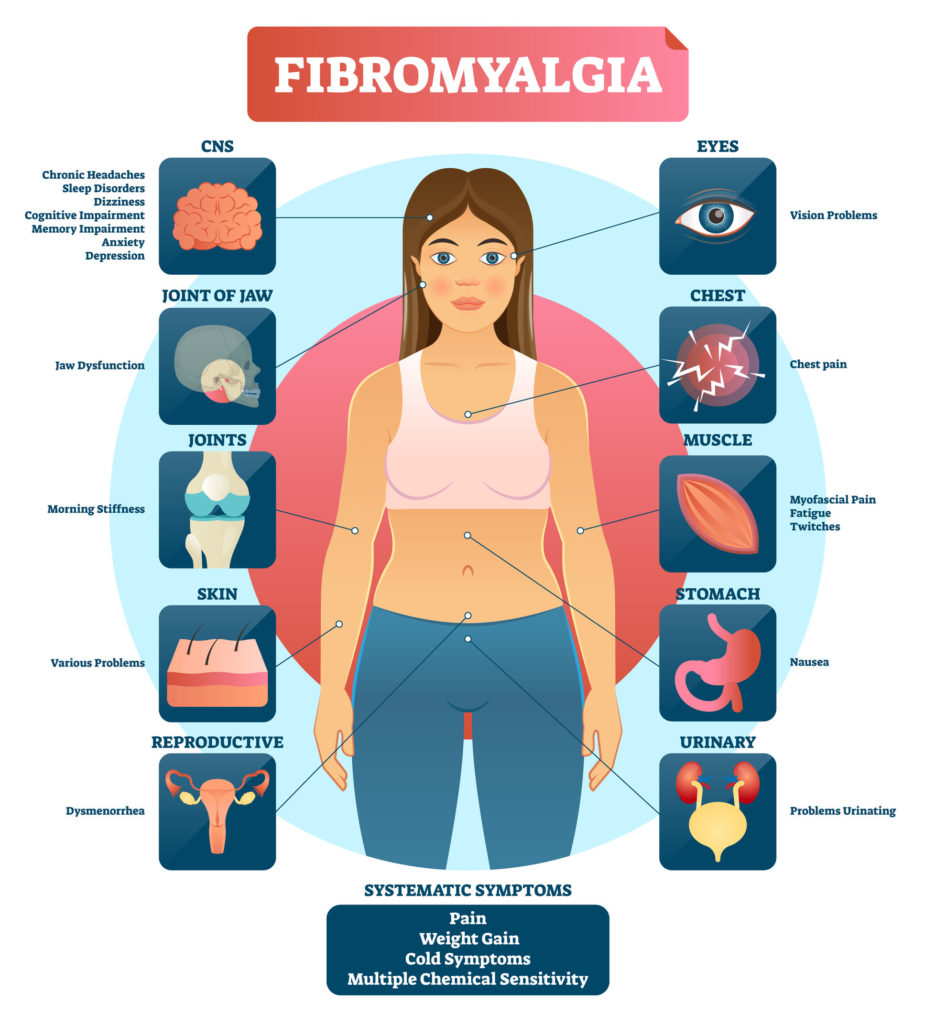












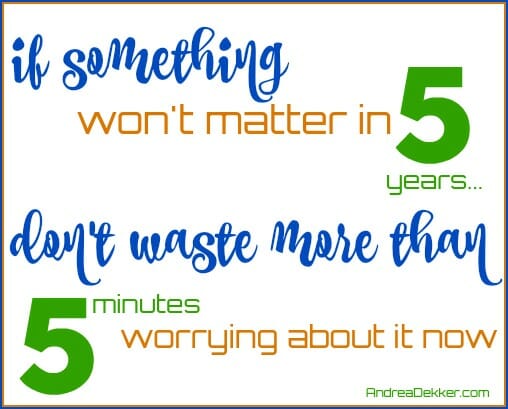

 Introduction
Introduction Mantra
Mantra
 evealed to us, so that we may obey all the terms of these instructions (NLT). No matter where we go in life, no matter what happens we will face trials and tribulations; and not always will understand why we are meant to go through them as they are God’s secret. But what we do know is that God has a hope and a future for His children and that with that light to illuminate the way we can have peace and courage to continue, continuing on. We will grow tired and weary but God will give us rest both as his individual children who understand parts of suffering and teach the church through experience what that looks like and how to be prepared to help both His children in our church communities and across this nation.
evealed to us, so that we may obey all the terms of these instructions (NLT). No matter where we go in life, no matter what happens we will face trials and tribulations; and not always will understand why we are meant to go through them as they are God’s secret. But what we do know is that God has a hope and a future for His children and that with that light to illuminate the way we can have peace and courage to continue, continuing on. We will grow tired and weary but God will give us rest both as his individual children who understand parts of suffering and teach the church through experience what that looks like and how to be prepared to help both His children in our church communities and across this nation.



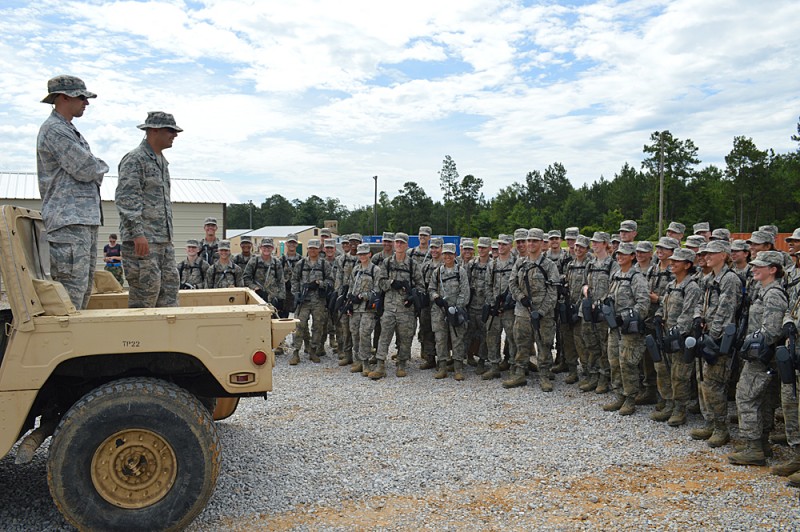 want to send them back where they may not now be allowed to join the Air Force because who knows if they can now pass a pulmonary function test because their lungs could have been damaged. And who knows what long term pulmonary issues they may have – who is gonna pay for that? Yep you guessed it right, they are up a creek without a paddle because the Air Force isn’t going to pay for it.
want to send them back where they may not now be allowed to join the Air Force because who knows if they can now pass a pulmonary function test because their lungs could have been damaged. And who knows what long term pulmonary issues they may have – who is gonna pay for that? Yep you guessed it right, they are up a creek without a paddle because the Air Force isn’t going to pay for it. .
.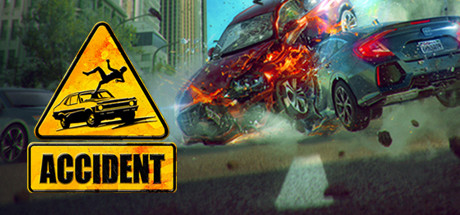 01. Have you ever been in a car accident?
01. Have you ever been in a car accident?  am a child of God and that is what matters.
am a child of God and that is what matters. 13. Do you ever think about how your actions affect other people?
13. Do you ever think about how your actions affect other people?  leads me to the job of my heart and allows me to return to volunteering.
leads me to the job of my heart and allows me to return to volunteering. WATER, BUT I THINK THIS IS NOT AN EITHER/OR ANSWER
WATER, BUT I THINK THIS IS NOT AN EITHER/OR ANSWER
 I do not believe it fate. With that said…in Psalm 139 it says that God knows what we will do, what we will say, where we will go before we even do it. But he knows that because he is the Alpha and Omega, and still says while I know what you’re going to do I let you make the choice.
I do not believe it fate. With that said…in Psalm 139 it says that God knows what we will do, what we will say, where we will go before we even do it. But he knows that because he is the Alpha and Omega, and still says while I know what you’re going to do I let you make the choice. 
 of sacrifice as he did for us.
of sacrifice as he did for us. person to marry & start a family with?
person to marry & start a family with?  did more?
did more? 
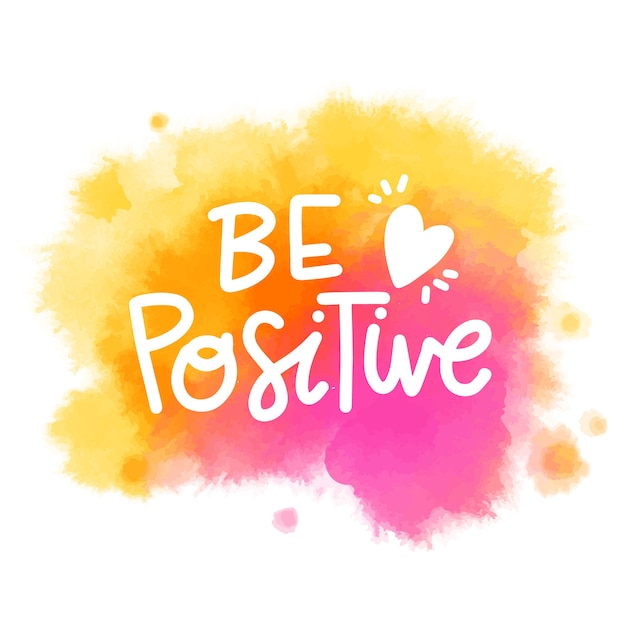 I would never erase memories. I have never erased the memories of this young man, because there were many great ones.
I would never erase memories. I have never erased the memories of this young man, because there were many great ones. you would like to know about creation?
you would like to know about creation? 
 93. After high school, what did you do/are you planning to do?
93. After high school, what did you do/are you planning to do? 



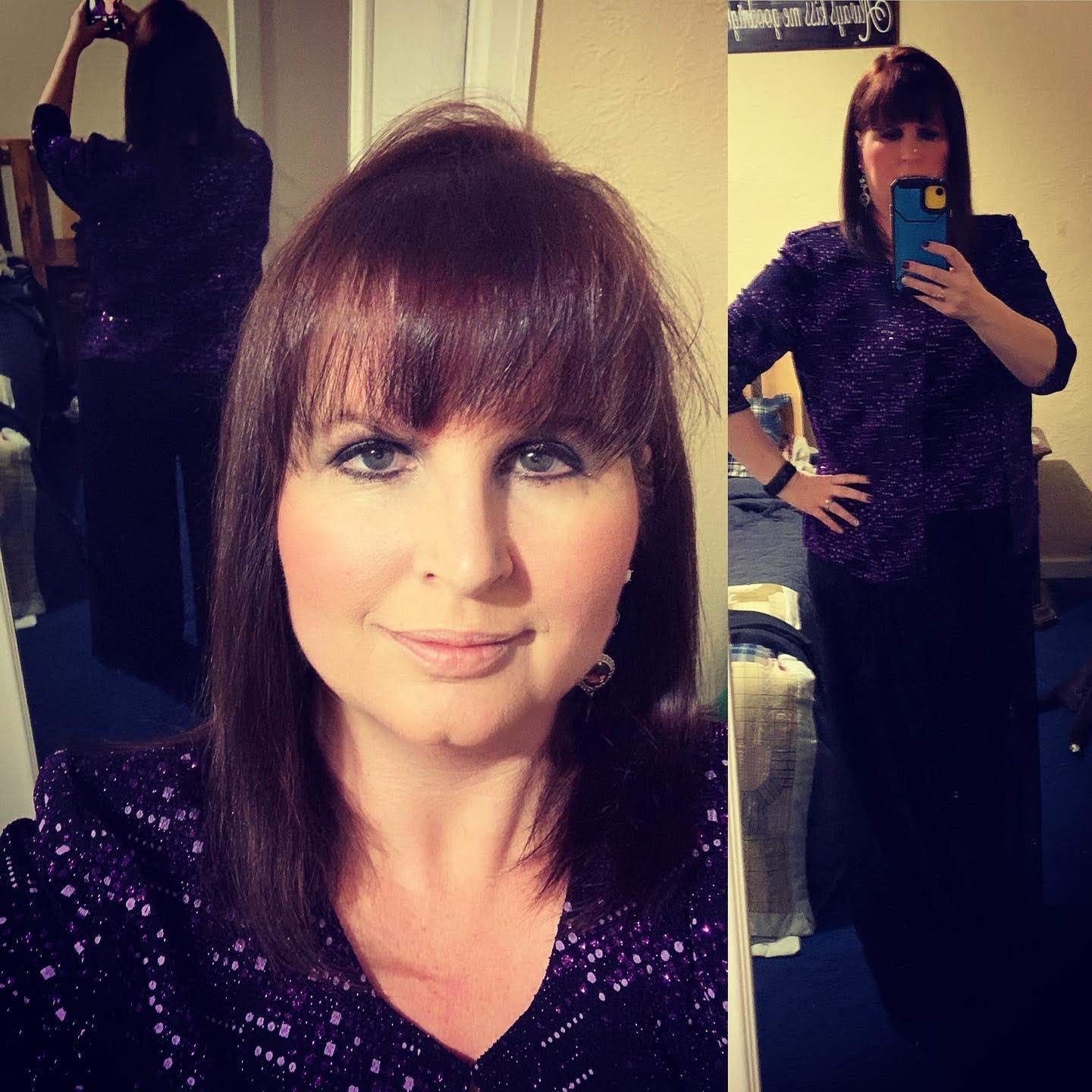 members, God, teachers, etc.? Do you think people are born a certain way, or develop their personalities based on what they go through in life?
members, God, teachers, etc.? Do you think people are born a certain way, or develop their personalities based on what they go through in life? 